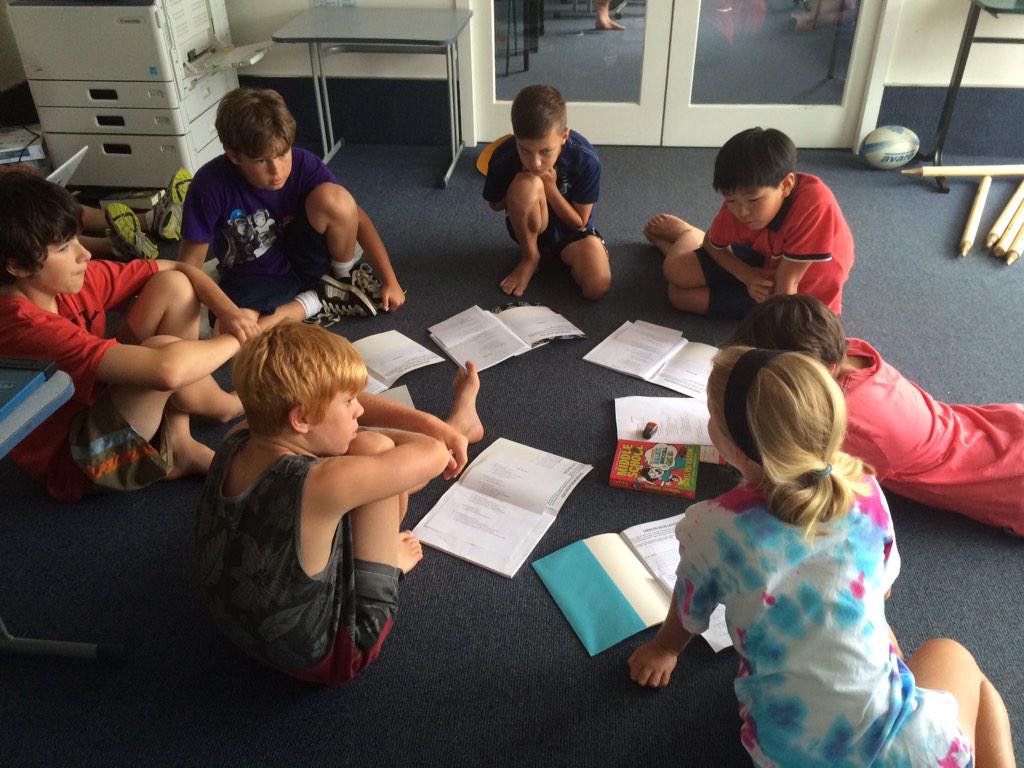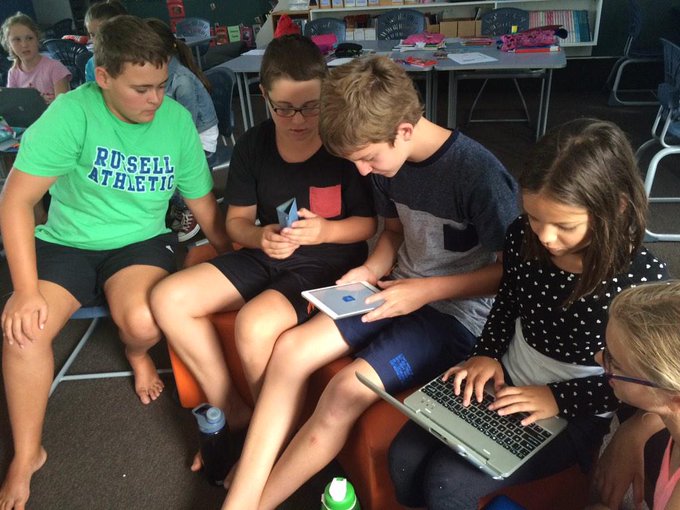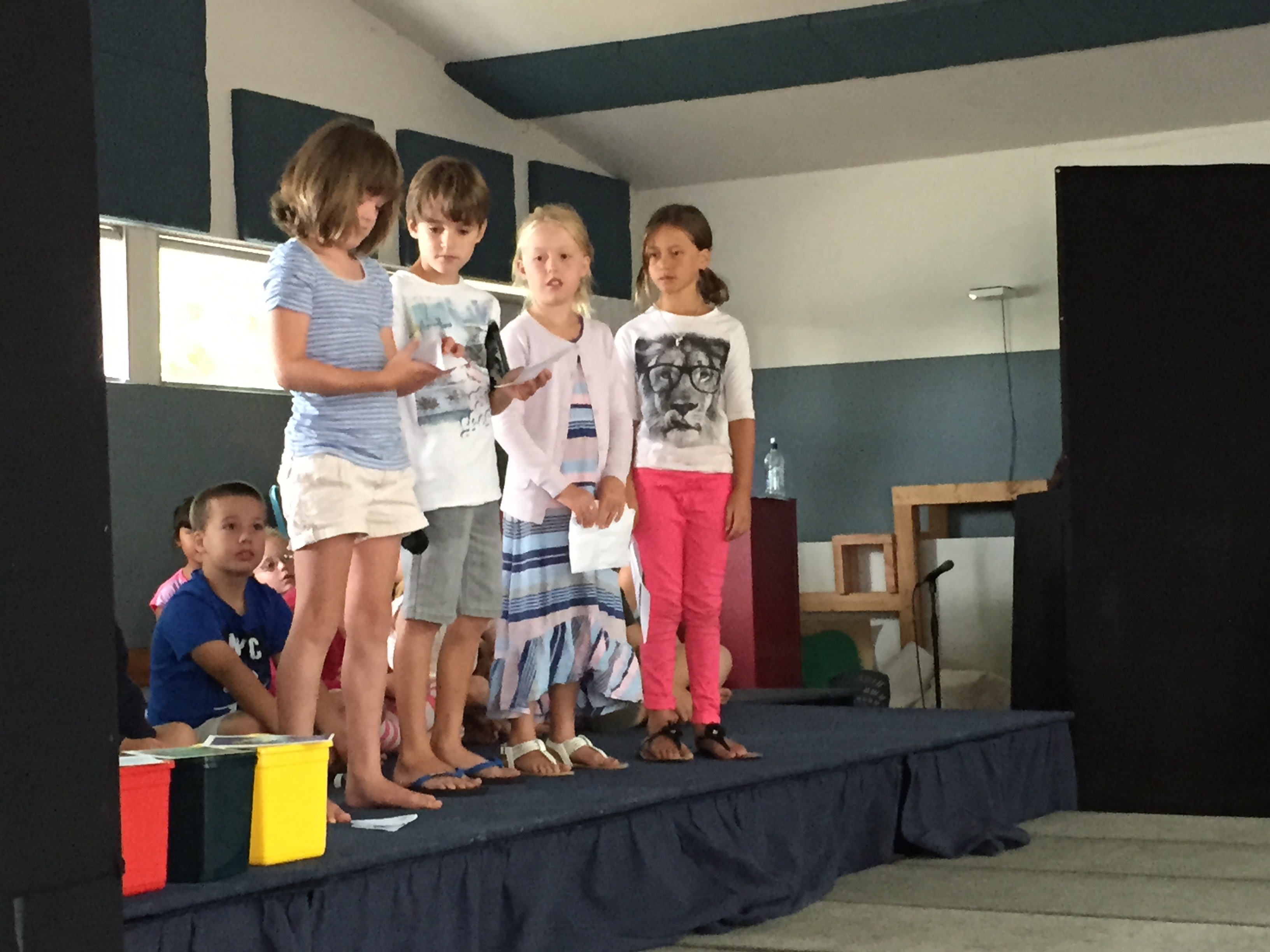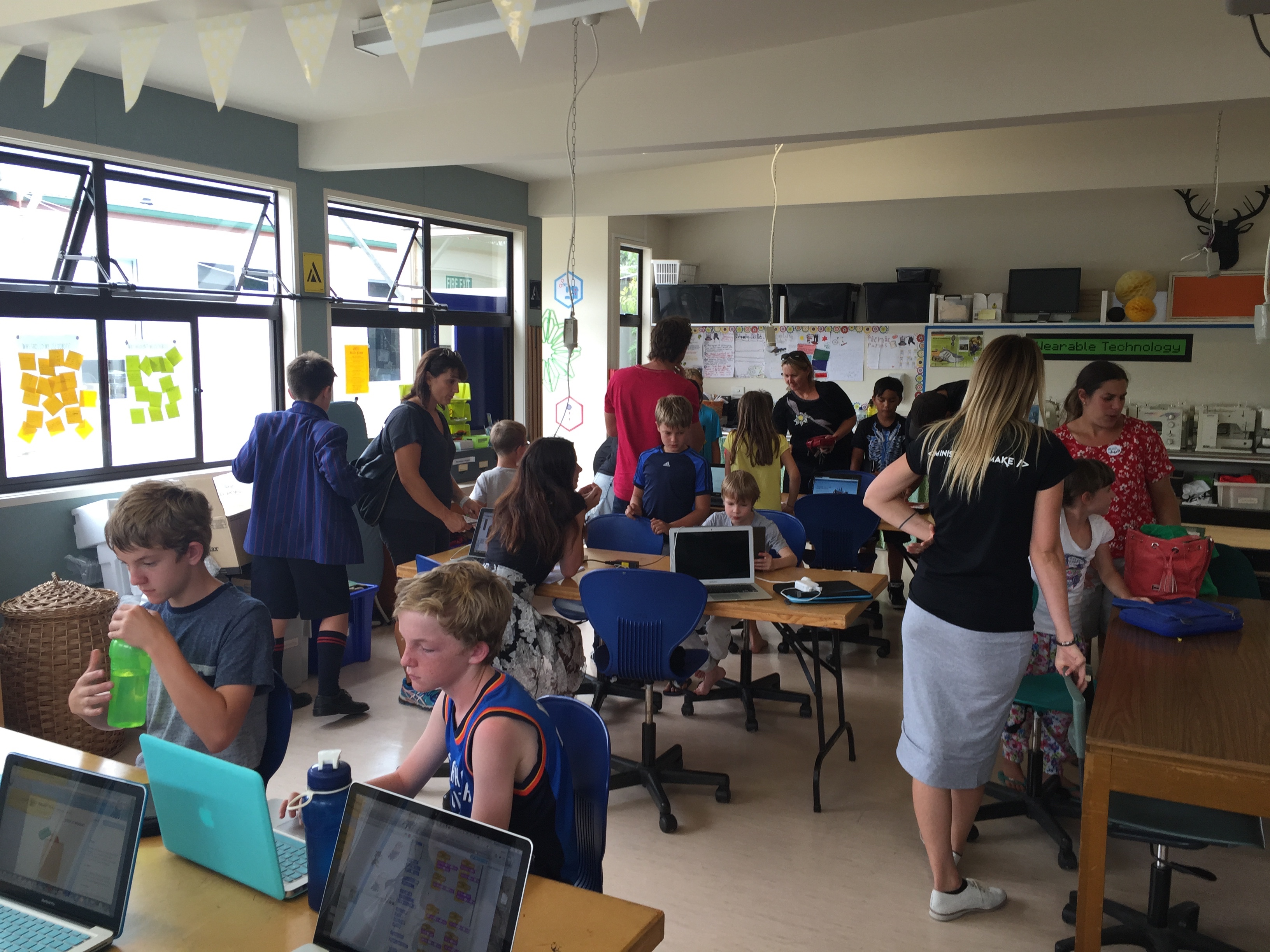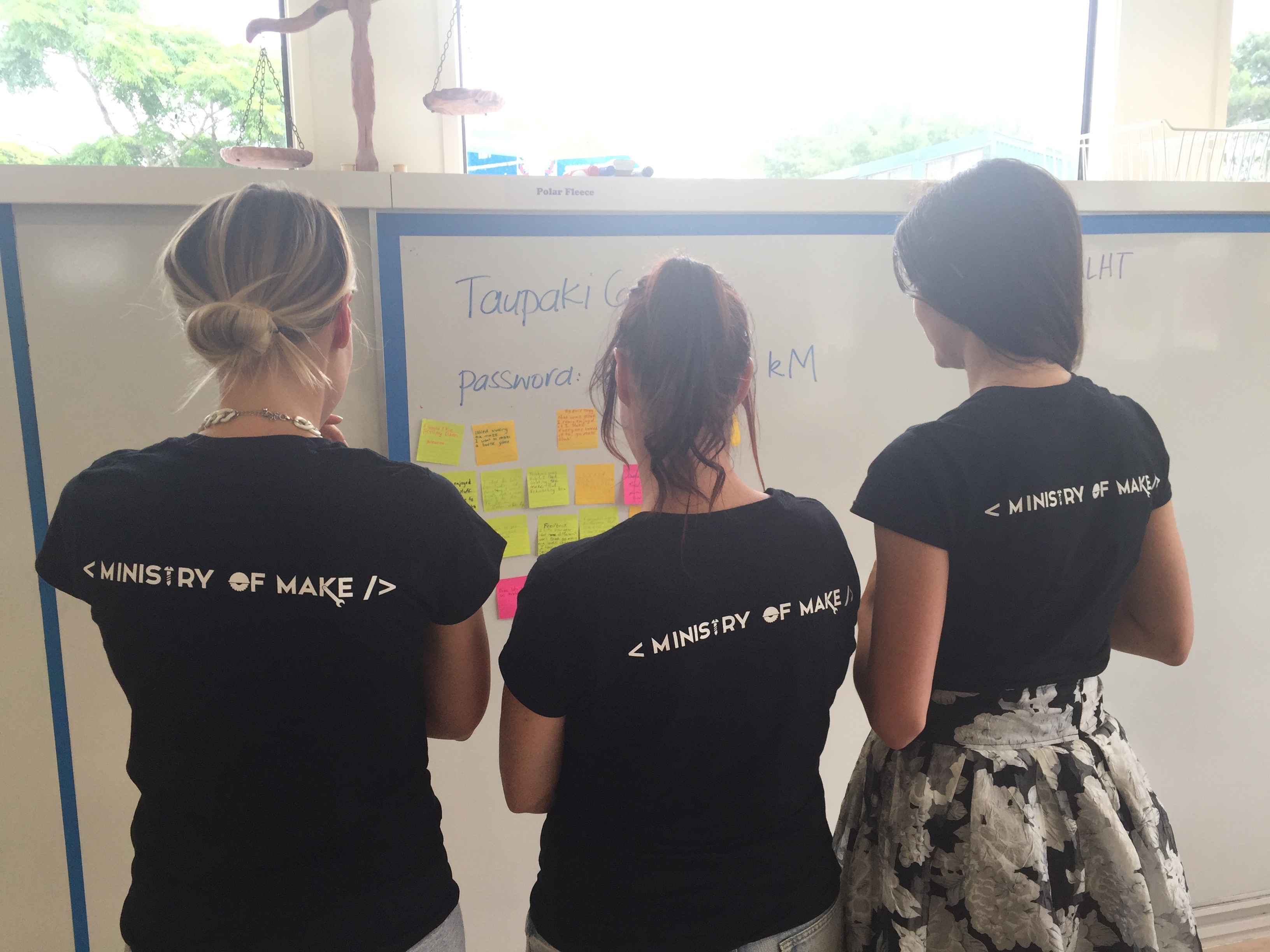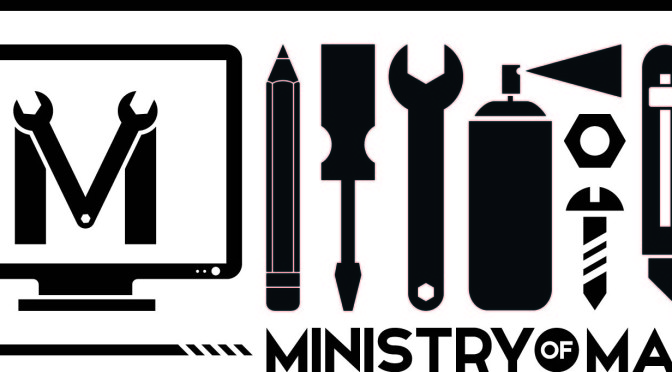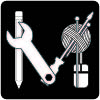The latest OECD report around investment in IT and student achievement has hit the media and will no doubt cause a lot of second guessing from our parent communities. The following is the article from the One News Now site with a few tweaks (Parody Alert). I am not attacking the study… yet.
New Zealand has the second highest number of pens and pencils to students, but it might not be doing much good for their performance in key subjects, according to a study by the OECD.
It found New Zealand has 0.5 15-year-old students per pencil or pen, topped only by Australia with 0.3 students that age per writing device.
The study found 86.4 per cent of 15-year-olds are using pens or pencils at school in New Zealand.
But the report found countries which have invested heavily in this proven technology for education have seen “no noticeable improvement” in their performances in OECD test results for reading, mathematics or science.
Students who use pens and pencils moderately at school tend to have better learning outcomes than those who use pens and pencils rarely, it says.
But students who use pencils and pens “very frequently” at school do much worse, even after accounting for social background and student demographics.
Singapore, with only a moderate use of pens in school, is top for future focused skills.
To assess their real world skills, the test required students in 31 countries and economies to use a pen and/or pencil to navigate texts as well as using slide rules, cosine tables and library catalogue cards in order to access information. Students were required to make a chart from data via inserting a pencil into a compass.
The OECD says ensuring every child reaches a baseline level of proficiency in reading and maths will do more to create equal opportunities in the real world than solely expanding or subsidising access to high-tech devices and services like pens and pencils, let alone access to the newer technology of slide rules.
OECD Director for Education and Skills Andreas Schleicher says school systems need to find more effective ways to integrate pens and pencils into teaching and learning to provide learning environments that give children with the real world skills they need to succeed in tomorrow’s world.
Yes a bit tongue in cheek, but really? Couldn’t this study be summed up by “Effective Teachers make a difference in learning.”



